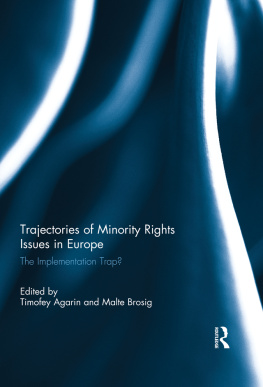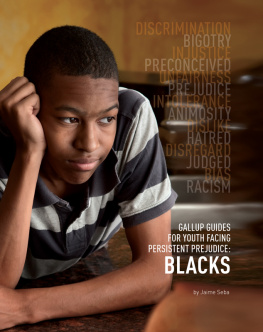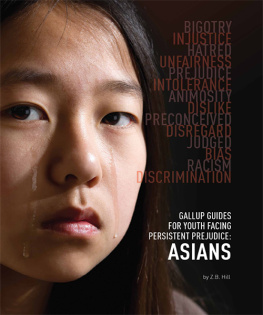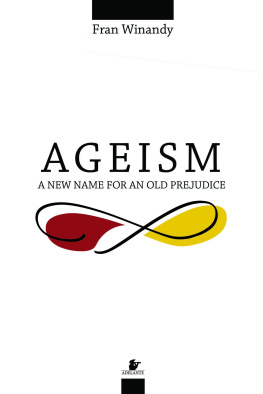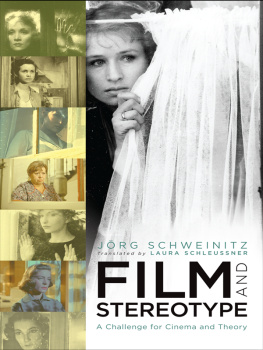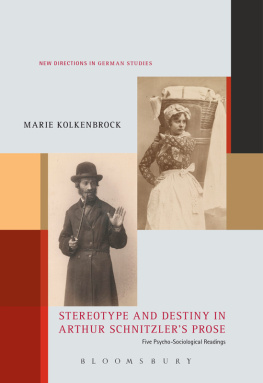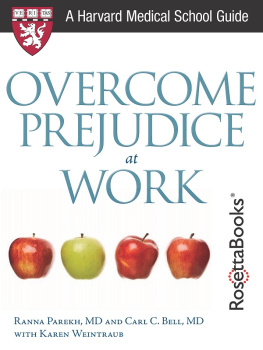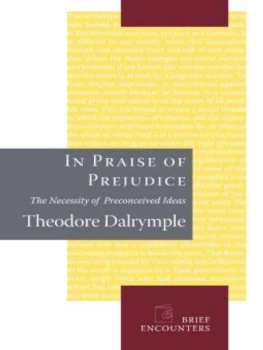Note on contributors
Timofey Agarin is a lecturer in politics and ethnic conflict in Queens University Belfast, where he is also the Director of the Centre for the Study of Ethnic Conflict. His research interest is in ethnic politics and their impact on transition from communism in Central Eastern European states. He is interested in the interplay of social and institutional change in postcommunism in issue areas of non-discrimination, minority protection, migration and civil society. Timofey has published in Ethnopolitics , Perspectives on European Politics and Society, Ethnicities, Nationalities Papers and Journal of Baltic Studies . He authored A Cats Lick? Democratisation and Minority Communities in the post-Soviet Baltic ( Rodopi 2010) and edited Minority Integration in Central Eastern Europe: Between Ethnic Diversity and Equality ( Rodopi 2009, with Malte Brosig ) and Institutional Legacies of Communism: Change and Continuities in Minority Protection (Routledge 2013, with Karl Cordell). Together with Matthew Kott, he is the founder of the collaborative research network Romanis in Europe: Probing the Limits of Integration, sponsored by the University Association for Contemporary European Studies ( UACES ). Contact: t.agarin@qub.ac.uk
Huub van Baar is Assistant Professor of European Studies at the University of Amsterdam, and Research Fellow at the Amsterdam Center for Globalization Studies ( ACGS ), University of Amsterdam. He has published widely on the position, history, and political and cultural representation of Romani minorities, as well as on correlated issues of Europeanisation, citizenship, activism, securitisation, governmentality , and memory. He is the author of The European Roma: Minority Representation, Memory, and the Limits of Transnational Governmentality (Amsterdam: F&N , 2011) and the editor of Museutopia : A Photographic Research Project by Ilya Rabinovich (Amsterdam: Alauda Publications, 2012, with Ingrid Commandeur ). He published on the Roma in the Third Text , International Journal of Urban and Regional Research , City , International Journal of Cultural Policy , Citizenship Studies , Environment and Planning D: Society and Space and Journal of Ethnic and Migration Studies .
Katharina Crepaz is a PhD candidate in political science at the University of Innsbruck, Austria. Her research interests include minority and human rights issues in the EU, the impact of European Integration and Europeanization on minority communities, as well as multi-level governance and regionalism as settings for minority empowerment.
Contact: katharina.crepaz@student.uibk.ac.at
Markus End is a PhD candidate at the Technical University Berlin. His project analyses the structure of meanings in modern antiziganism . He is the co-editor of Antizganistische Zustnde series, published by Unrast . Markus regularly publishes reports and is an invited speaker at the Documentation and Cultural Centre of German Sinti and Roma , Romnokher , AmaroDrom and the Phiren Amenca network. His current project is analysing antiziganism in the German media, commissioned by the Documentation and Cultural Centre of German Sinti and Roma . More information is available at http:// www.forschungsforum.net /user/98
Contact markus.end@gmail.com
Matthew Kott holds a DPhil in Modern History from the University of Oxford, and has previously worked at the Museum of the Occupation of Latvia in Riga, Latvia, and the Centre for Studies of the Holocaust and Religious Minorities in Oslo, Norway. From 2009 to 2011, he was coordinator for Romani studies at the Hugo Valentin Centre, Uppsala University. Since 2011 he is based at the Uppsala Centre for Russian and Eurasian Studies. His current research and teaching interests include the history of fascism and other forms of political extremism; the spread of racial biology; and antiziganism , with a particular focus on the Romani genocide all with a comparative, regional focus on the countries of Baltic Sea region. His latest monograph (co-authored with Terje Emberland ) is Himmlers Norge: Nordmenn i det storgermanske prosjekt ( Aschehoug , 2012). Together with Timofey Agarin , he is the founder of the collaborative research network Romanis in Europe: Probing the Limits of Integration.
Sara Memo is an independent consultant for the development and management of the EU co-funded projects in the area of socio-economic inclusion of vulnerable groups. Sara holds a doctorate in International Studies from the University of Trento, with the Doctor Europaeus Certificate received in April 2013. Her doctoral work undertook a comparative study of the legal status Romani groups hold across Europe and considered both the national and the transnational perspectives on Romani rights. She worked on her PhD project while at EURAC in Bolzano/ Bozen , Corvinus University in Budapest and at the DG Employment, Social Affairs and Inclusion, European Commission in Brussels. Sara also holds an E.Ma Degree in Human Rights and Democratization from the European Inter-University Centre of Lido-Venice (2007) and an MA from the University of Padua in Political Science specializing in Institutions and Politics for Human Rights and Peace (2006). Her main research interests are in human and minority rights, childrens rights, socio-economic rights and comparative legal methodology.
Contact: sara.memo@gmail.com
Diana E. Popescu is a PhD candidate in Government at the London School of Economics and Political Science. She has an MA in Philosophy of the Social Sciences and an MSc in Political Science from Leiden University. Her doctoral work combines political theory with Romani studies, focusing on the tension between social inclusion strategies and the protection of Romani identity. Diana is particularly interested in challenges the Romani case poses to theoretical frameworks of social justice and multiple disadvantage, how these frameworks can be drawn together to offer lessons for social policy. Diana has also worked as a research assistant for an on-going project on welfare regimes and the social exclusion of Romanis in the Western Balkans at the LSEs European Institute. Outside academia, she works with children from disadvantaged backgrounds, collaborates with educational projects both in London and in a Romani ghetto in Bucharest, Romania. Contact: d.e.popescu@lse.ac.uk
Julija Sardeli is a CITSEE Research Fellow in the School of Law, University of Edinburgh. Julija has a standing working relationship with the research project The Europeanization of Citizenship in the Successor States of the Former Yugoslavia (see http:// www.citsee.ed.ac.uk ). At CITSEE she has investigated the position of Romani minorities in the Yugoslav successor states and the effects of transforming citizenship regimes on Romani communities. Julija holds a PhD in Sociology, awarded for research on Romani minorities social status before and after the disintegration of the Socialist Yugoslavia. Outside academia, she has been also working as a civil society activist in different Romani settlements in the post-Yugoslav region for more than a decade. She is also a member of the European Academic Network on Romani Studies. Contact: julija.sardelic@ed.ac.uk
Ioana Vrbiescu is a PhD candidate in Romani Studies at the Department of International Relations in National School of Political Studies and Public Administration ( NSPSPA ), Bucharest. She holds an MA in International Relations (2011) and a BA in Philosophy from University of Bucharest (2002) , she has also read Gender and Minority Politics at NSPSPA . Her research interests include ethics in international relations, feminist political theory, Roma identity politics, human rights and minority rights. As a feminist activist, Ioana is a founding member of the Front NGO; she is the editor of the online debate forum http://feminism- romania.ro and a regular contributor to http:// www.criticatac.ro / a critical platform.


